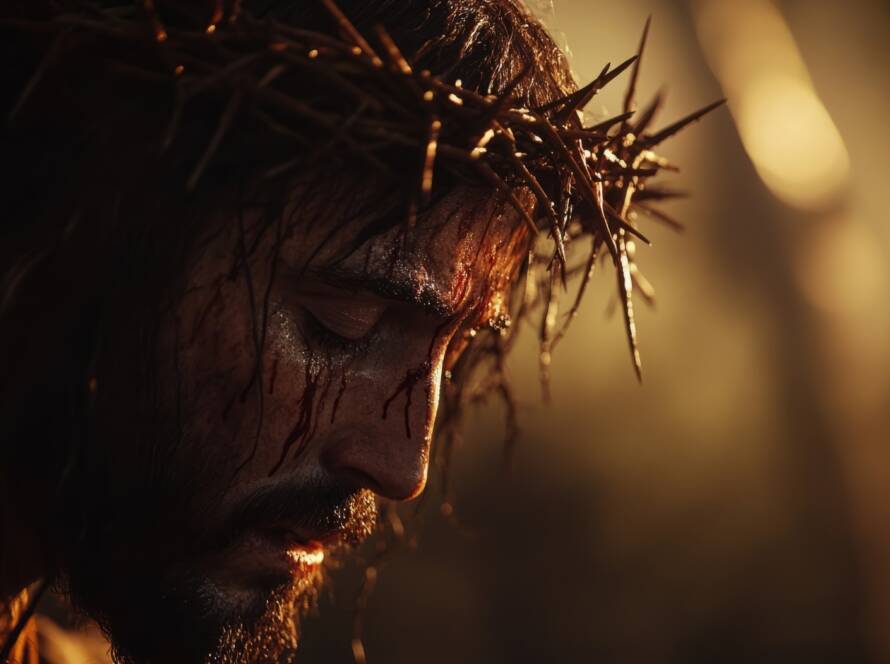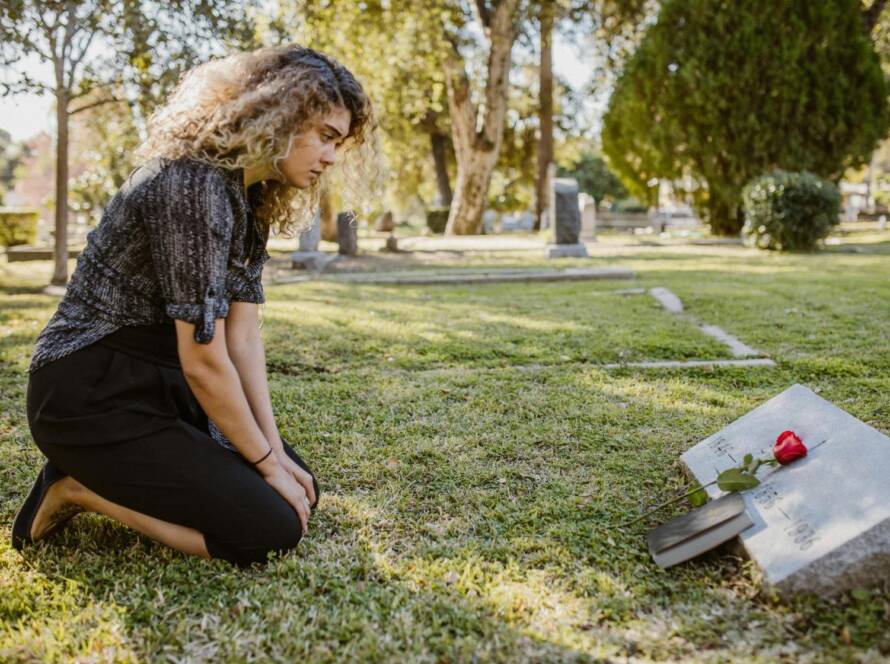Is It Okay to Ask That? A Grace-Filled Approach to Questions on Faith
Creating a Safe Space to Explore Your Hardest Questions
It often starts with a whisper in the middle of a sermon, a nagging thought during a prayer, or a question that feels too dangerous to voice out loud.
“If God is good, why is there so much suffering?”
“How can I believe in a God I can’t see or hear?”
“Aren’t all religions basically the same?”
“What about those who have never heard about Jesus?”
For many, these questions are followed by a surge of guilt. We fear that doubt is the opposite of faith—that asking hard questions means we are failing at being a “good Christian.”
But what if the opposite is true? What if a questioning faith is not a weak faith, but a growing one? What if God is not afraid of our questions?
Doubt is Not the Enemy of Faith
Let’s reframe this from the start: Doubt is not disbelief. Disbelief is a settled refusal to believe. Doubt, however, is a state of uncertainty, a questioning, a desire to know more.
Think of it this way:
Certainty says, “I know this bridge will hold me.”
Disbelief says, “I know that bridge will not hold me, and I refuse to step on it.”
Doubt says, “I want to cross that bridge, but I’m not sure it’s safe. I need to check it out.”
Doubt isn’t standing still or walking away; it’s carefully examining the bridge of faith to find out if it’s trustworthy. This process doesn’t weaken faith; it can lead to a faith that is truly, deeply your own.
A Gallery of Questioners
We are in good company when we bring our questions to God. The Bible is filled with faithful people who dared to ask hard questions.
David asked, “My God, my God, why have you forsaken me? Why are you so far from saving me?” (Psalm 22:1). This is a cry of anguish and doubt we later see on Jesus’ own lips.
John the Baptist, from a prison cell, sent his followers to ask Jesus, “Are you the one who is to come, or should we expect someone else?” (Matthew 11:3). Even the great prophet needed reassurance.
Thomas refused to believe the resurrection without physical evidence (John 20:25). He wasn’t rejected for his doubt; Jesus met him right in the middle of it.
God is not intimidated by our uncertainty. He invites our honest inquiry.
How to Engage with Tough Questions in a Grace-Filled Way
Creating a safe space for doubts—both for ourselves and others—requires a new approach. Here’s how we can do it:
1. Shift from Fear to Curiosity.
When a tough question arises, don’t panic. Get curious. Say, “That’s a really important question. Let’s explore that together.” This transforms the doubt from a threat into an opportunity for discovery. Curiosity is the engine of spiritual growth.
2. Separate the Question from the Questioner.
Too often, we see someone with doubts and label them a “doubter.” This is deeply shaming. We must learn to separate the person from the question. A person is a beloved child of God, full stop. A question is simply a question. This creates safety and keeps the relationship central.
3. Embrace “I Don’t Know.”
As Christians, we often feel we need to have a slick, ready-made answer for every question. But sometimes the most grace-filled, honest answer is, “You know, I’ve struggled with that too. I don’t have a perfect answer, but here’s how I’m wrestling with it.” Authenticity is far more powerful than pretense.
4. Point to the Character of God, Not Just an Answer.
Sometimes, we won’t find a satisfying intellectual answer to “Why did this happen?” In those moments, we don’t abandon the search for truth; we anchor ourselves in the character of the God who is Truth.
We can say, “I don’t understand this specific situation, but I know that God is good, He is loving, and He is sovereign. I trust His character even when I don’t understand His plans.”
5. Provide Resources, Not Just Reassurance.
It’s okay to not be the expert. Become a guide who points to wise resources. Recommend books by thoughtful Christian authors like Timothy Keller, C.S. Lewis, Lee Strobel, or Rebecca McLaughlin who have wrestled deeply with these questions. This shows the seeker that their question is valid and has been thoughtfully engaged by great minds of the faith.
An Invitation to Honest Faith
If you are carrying a question you’re afraid to ask, let this be your invitation. Your faith is robust enough to handle it. God is big enough to withstand it.
Bring your whole self to God—your belief and your doubt, your trust and your questions. You don’t have to hide to be loved. An honest seeker is closer to the heart of God than a comfortable hypocrite will ever be.
True, grace-filled faith isn’t about having all the answers. It’s about trusting a Person, Jesus Christ, who claimed to be the Answer. The journey to find the answers isn’t a path away from Him, but a path that leads directly to the foot of the cross, where the ultimate question of suffering and love was answered once and for all.





